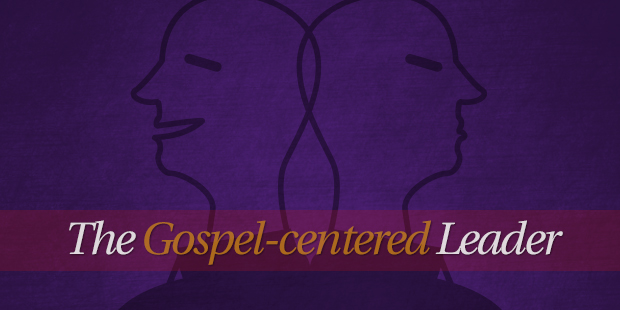
The Gospel-Centered Leader
Arguably the greatest challenge the authors make in The Creature of the Word – even more than their cultural critique – is the one they level at leaders. “Culture and ethos is a reflection of leadership. Your church culture—over time, at least—is a reflection of the leadership of the church,” they write. “The kingly function of leadership is as vital to the health of a local church as is the prophetic function of teaching” (Kindle location 2522).
Leaders are frequently reminded that how they live and lead directly impacts the culture they create. What a leader believes is acceptable in practice, the followers pick up on and emulate. So when a pastor is concerned about how little the congregation reads the Bible, he may need to examine his own practices. When he is concerned about a lack of zeal for evangelism in the church, his own attitudes are necessarily called into question.
A gospel-centered church is infused with gospel-centered leadership. If a local church corporately bears the fruit of the Spirit, then you can be confident individuals who have been marked by the gospel of Jesus Christ lead it. There is a direct correlation between the personal impact of the gospel on a leader’s heart and the way he leads. The gospel is not good advice simply to be taken into consideration in certain situations; rather, the gospel is good news of sweeping transformation. A gospel-centered leader will lead differently. (Kindle location 2529)
The authors offer this reproof not harshly but as a brotherly word of concern for their fellow pastors. How we lead matters. What motivates us matters. The people following us serve as a mirror to the realities of our hearts. What are we seeing?
Conclusion
Creature of the Word is among the most helpful books on church ministry I’ve read in a long time, so much so that I rarely went more than a few paragraphs where I didn’t find myself equally encouraged and encouraged. Highly accessible and practical, this book offers a powerful blend of theology, philosophy, and methodology that’s sure be a benefit to church leaders and members alike.
Read the previous parts of Aaron’s article here: Part One; Part Two.
Read more from Aaron here.














